Like millions of people on the world, as a network engineer we are also using Internet. But a little different from other people, we also need to know some common terms of our main working area, Internet. Let’s begin and see what are the Basic Terms for Internet that we will use for our Nokia NRS certification course.
Network Protocol : A standard method of communication between computers.
TCP/IP : Transmission Control Protocol / Internet Protocol. One of the main protocol of computer networks.
Internet: The worldwide system of linked computer neworks operated by Internet Service Providers (ISPs) that is capable of exchanging data through a standard addressing and naming system based on TCP/IP protocol .
Internet Service Provider (ISP): An organization or a company that has its own network and provide internet access to its customers ( End users or companies) .
Peering : An arrangement between two or more ISPs that provides customer traffic excahnge each other.
Service Provider Tiers: There are different scale of Service Providers. Simply we can divide this 3 ategory.
Tier 1 : The biggest and the main Service Providers. Tier 1 Service Provider’s need to be peer each other . They do not purchase information transit from other networks.
Tier 2 : The medium Service Providers that purchase transit services from the other Tier 1 Service Providers, one or more.
Tier 3 : The small Service Providers that purchase transit servies from other Tier 1 or Tier 2 services. This can be like reselling of Tier 2 Service Provider services.
SLA (Service Level Aggriment) : A written quality and service level dial with Service Provider and the customer.According to these obligations, ISP provide services to the subscribers.
You can test yourself with NRS I Quizes and NRS II Quizes Pages.
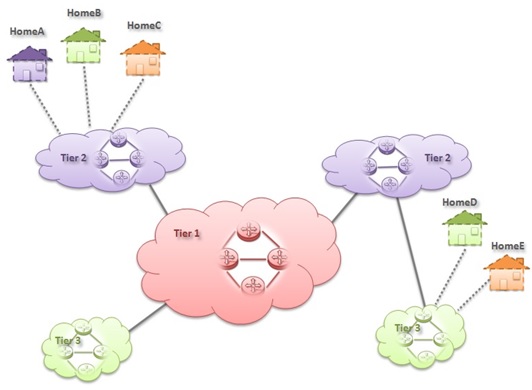
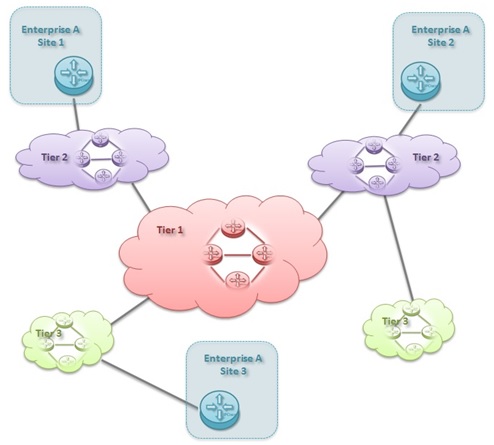
Here, there are two important point that needs to be mentioned. For Residental Subscribers, Service Providers do not need to assign more resource. But for Enterprise Subscribers, more resource are needed, because there can be many users and locations. According to SLAs (Service Level Aggriment) that mentins these service levels and quality , ISPs provide services.
The other important point is about addressing. Almost all Enterprise Subscribers have their own address plan and they do not need addressing plan. But Residental Subscribers need an address.
IXP : Internet Exchage Point. Provide information excahange between different ISPs at local places, for example in the same city. Without IXP, to reach to another ISP in the same city, needs going another city or location and turn back. With IXP, ISPs can reach eachother in the same city.
IP : Internet Protocol. A common addressing and communication medhod/protocol, used in Internet. Every device are unie on internet and has a specific IP address. Like your home address, devices on Internet has IP address. IPv4 and IPv6.
IANA : Internet Assigned Numbers Authority. The organization that controls and distributes all the IP addresses. Lastly there is no IPv4 address that IANA has, all IPv4 addresses are consumed.
RIRs : Regional Internet Registry. Organizations that manages the allocation and registration of IP addresses for a specific region. There are 5 RIRs in the world.
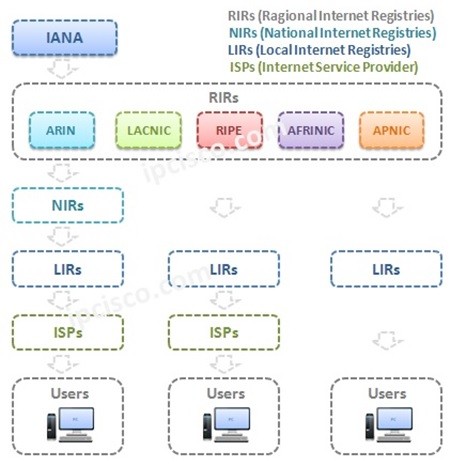
- AFRINIC (African Network Information Center) , for Africa ,
- ARIN (American Registry for Internet Numbers), for the United States, Canada, several parts of the Caribbean region, and Antarctica,
- APNIC (Asia-Pacific Network Information Centre), for Asia, Australia, New Zealand, and neighboring countries,
- LACNIC (Latin America and Caribbean Network Information Centre), for Latin America and parts of the Caribbean region,
- RIPE NCC (Réseaux IP Européens Network Coordination Centre), for Europe, Russia, the Middle East, and Central Asia
NIRs : National Internet Registry. A specific company or organization that provides IP address allocation within a region.
LIRs : Local Internet Registry. A specific company or organization that provides IP address allocation within a country.
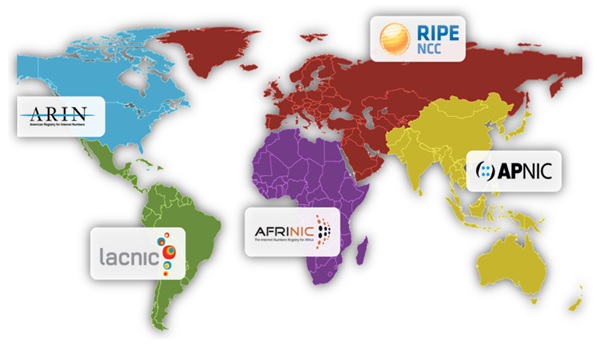
Here, we have talked about basically Basic Terms for Internet. In the following lessons we will talk about more on these Basic Terms for Internet.


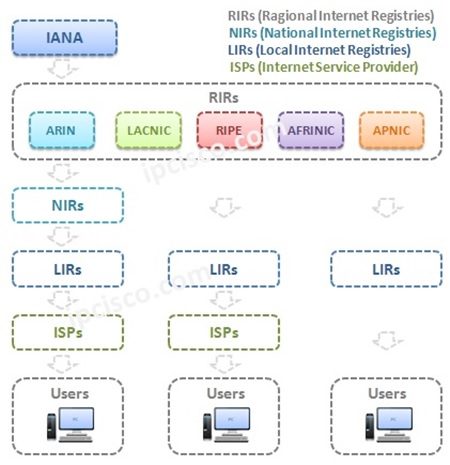

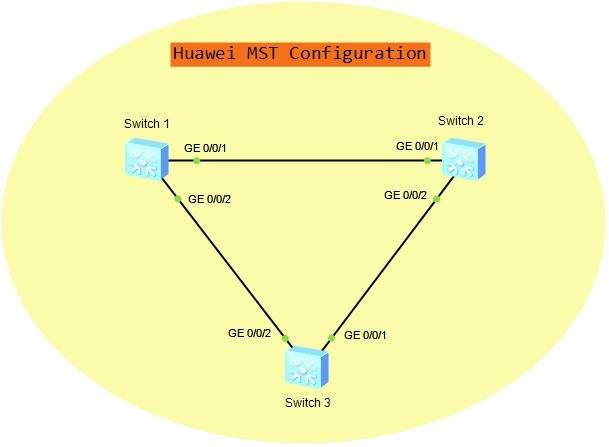


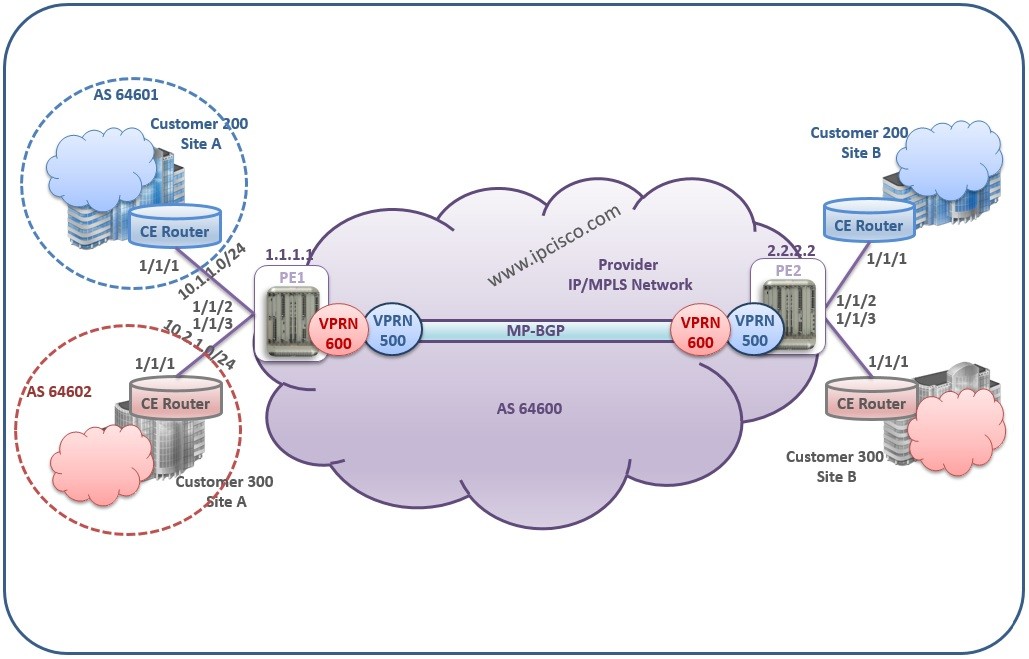

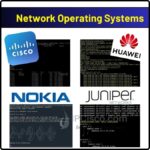

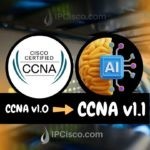

Leave a Reply